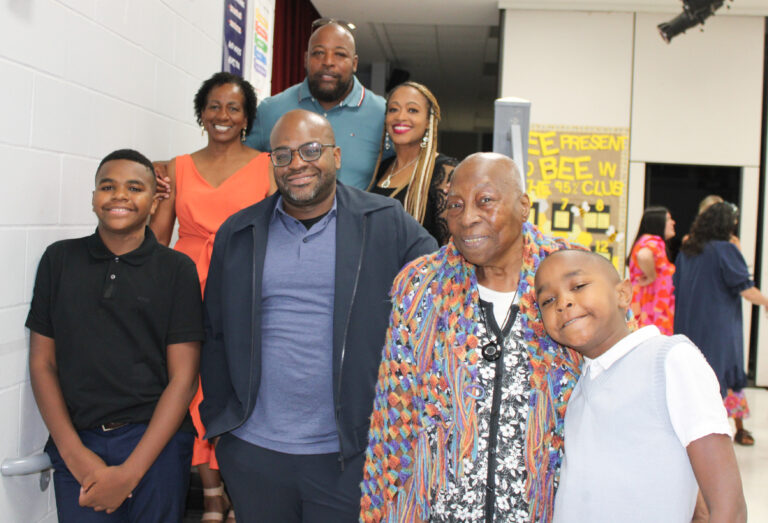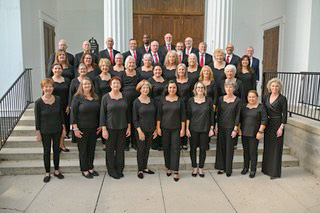Legacy Post Disclaimer
This is a #Legacy post imported from The Apalachicola Time’s previous platform. If you’re experiencing issues with this article, please email us at news@nevespublishing.com.
Judge rejects moving Seiden trial out of county
At a hearing Monday morning, Circuit Judge Jonathan Sjostrom rejected a motion to move out of the county the upcoming murder trial of two defendants accused in the bludgeoning death of a 31-year-old South Florida woman at an Eastpoint motel in April 2018.
The motion, filed Feb. 7 by Scott Richardson, one of two attorneys representing defendant Christina Araujo, 42, of Loxahatchee, argued that publicity by local media would have an effect on selecting a jury for the trial, which is expected to run two weeks, beginning March 30.
“As the case gets closer to trial, it is expected that the publicity will become more frequent and will be more impactful on the ability to select a fair, impartial and untainted jury,” he wrote, noting that the presence of the Times reporter on the Zoom call “lends credence that it will continue to receive publicity.”
Both Araujo and co-defendant Zachary Abell, 32, of North Miami Beach, were initially charged with second-degree homicide for killing Seiden, a traveling companion, on or about April 23, 2018, and then dumping her body in a cul-de-sac at a vacant subdivision off U.S. 98.
Within days, the two were picked up in South Florida by the Broward County Sheriff’s Office, extradited to the Franklin County Jail and have been held without bond ever since.
In Sept. 2021, an 18-member grand jury stiffened the charges to first-degree murder, which carries with it possible imposition of the death penalty.
“The grand jury which indicted the defendant was comprised of Franklin County citizens,” wrote Richardson. “The likelihood is that knowledge of the facts of this case is widespread throughout Franklin County. During discovery, at least one law enforcement officer testified that certain facts were generally known throughout the county even before these facts were officially announced.”
Richardson also argued before Sjostrom that along with the legal grounds for changing the venue, which he suggested would logically be to Leon County, there were “numerous practical considerations” in favor of moving the trial.
He cited the fact that all of Araujo’s defense counsel and staff live and work outside of Franklin County, and thus they would have to secure living and working accommodations in the county for the trial.
Richardson said he has reserved rooms for three persons through Airbnb, and that this deposit may not be refundable if on the eve of the trial, the judge determines a fair, impartial and untainted jury cannot be seated.
He argued that in Leon County, working space would be available at the courthouse.
“If the trial is held in Franklin County, the defendant will most likely seek to sequester the jury, thus significantly increasing costs,” Richardson wrote, noting that while Araujo was not waiving a request for sequestration of jurors if the trial is in Leon County, “it is less likely that will be necessary.”
Richardson also mentioned in his motion that since colleges’ spring break coincides with the proposed time period for the trial, that too could be a factor. “In the event that Franklin County is a spring break destination, the potential disruption to the trial proceedings will be lessened if the trial were to take place in Leon County,” he wrote.
Tallahassee criminal defense attorney Alex Morris, who represents Abell, offered few comments, noting only that the state would end up bearing costs with relation to witnesses, and that it might be a challenge to find a comparable venue related to demographics.
“I’m not certain that it really is a change of venue we’re requesting, rather than a forum of more convenience,” he said. “I don’t know if it is a change of venue to move within our own circuit.”
In opposing Richardson’s motion, Assistant State Attorney Jarred Patterson said that he had seen “a handful of articles over the course of four years. It has not been a daily story and not on the forefront for four years.
“We are a smaller county but that doesn’t make us less sophisticated or jurors incapable of carrying out their duties,” he said. “The question is not whether they’ve heard about (the case), the question is whether they can set that aside.”
He told Sjostrom he did not think the issue of costs overrode that of fairness and impartiality.
“The cost is getting up there,” Patterson said, adding that Araujo’s attorneys “are some of the most respected and not cheap lawyers in the state of Florida I can imagine. The defense made that decision to hire those attorneys to represent (her) and as such that cost is what it us.”
Aruajo is represented by Henry Coxe III, a partner in the Bedell Firm in Jacksonville, and a former president of the Florida Bar, and Richardson is a criminal defense attorney in Palm Beach County. Abell was at first represented by the public defender’s office, and is now represented by Morris, who is on the regional registry of conflict counsel.
Before Sjostrom made his decision, Richardson told the court that he had “come to respect and admire (Morris’) ability as well as Mr. Patterson. There’s no slouches here.”
The judge further underscored the point.
“I feel like I’ve won the lottery as far as good lawyers are concerned,” he said. “There will be good advocacy in this case and that makes my job much easier and much harder.”
Sjostrom denied the motion without prejudice, meaning the request could be refiled if defense counsel believes it is warranted.
“I don’t denigrate at all the inconvenience of the forum,” he said. “There’s a good reason why the community gets to hold its government and the accused to the process. We’ve got to make the effort.
“I’ve tried notorious cases in even smaller venues. I’ve tried homicides in Liberty County, the smallest county in the state of Florida,” Sjostrom said. “Human beings go about their business day-to-day and as their circle expands they tend to focus on their own responsibilities.”
The judge said he had found some of the coverage “extraordinarily detailed. We will be required to be very careful in jury selection.”
He said he planned to ask the pool of jurors a single question, and ask that they respond only by raising their hands.
“I will ask ‘Have you heard anything about the case?’” he said. “I’m not planning to do individual voir dire (further questioning by the judge) if they don’t identify themselves as knowing anything about the case.
“We can get through questioning fairly quickly is my hope,” Sjostrom said.




Meet the Editor
David Adlerstein, The Apalachicola Times’ digital editor, started with the news outlet in January 2002 as a reporter.
Prior to then, David Adlerstein began as a newspaperman with a small Boston weekly, after graduating magna cum laude from Brandeis University in Waltham, Massachusetts. He later edited the weekly Bellville Times, and as business reporter for the daily Marion Star, both not far from his hometown of Columbus, Ohio.
In 1995, he moved to South Florida, and worked as a business reporter and editor of Medical Business newspaper. In Jan. 2002, he began with the Apalachicola Times, first as reporter and later as editor, and in Oct. 2020, also began editing the Port St. Joe Star.